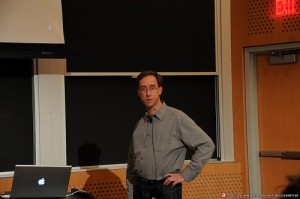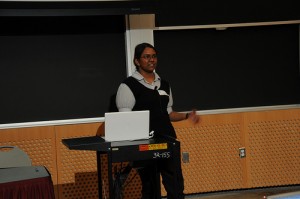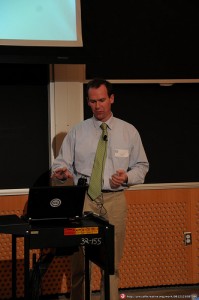from /. :
“There are multiple reports springing up all over the internet of a mass suicide of Microsoft 30GB Zune players globally. Check Zune forums, Gizmodo, or other such sites; the reports are spreading rapidly, except apparently to the Microsoft official Zune site.”
At this point the cause of the failure is not clear, it is tough to find the issue and resolve it with a closed system. All users are at the mercy of Microsoft, if the platform was open source we could look at it and try to solve the problem. Why should computers with DRM be different from watches or cars that allow anyone to open them up and fix problems?
I think Copyfight puts it well with:
This should be a clarion warning that using proprietary hardware or software (DRM) to restrict peoples’ ability to manage their legally owned content is a bad plan. We are all at the mercy of whatever bugs and bad business plans lie behind these locks.
PS: From the Zune Release 2006 Don’t get ZUNED:
In honor of Freedom for IP’s partnership with Defective by Design to crash tomorrow’s Zune release party in Seattle, I’ve composed a little consumer warning to hand out to all the eager music fans who clearly haven’t been warned about getting zuned….
Remember the 8-track? Neither does anyone else under 30….





